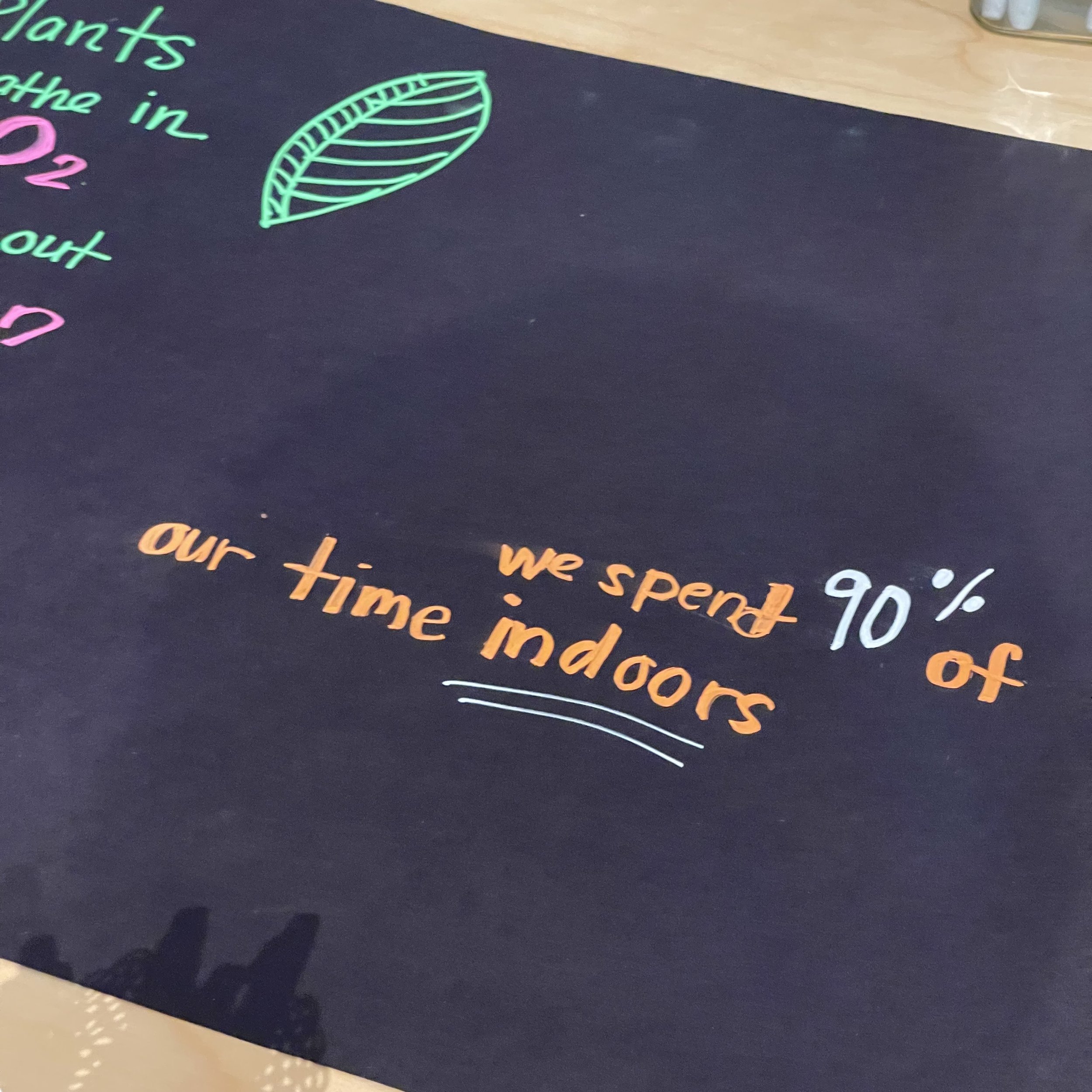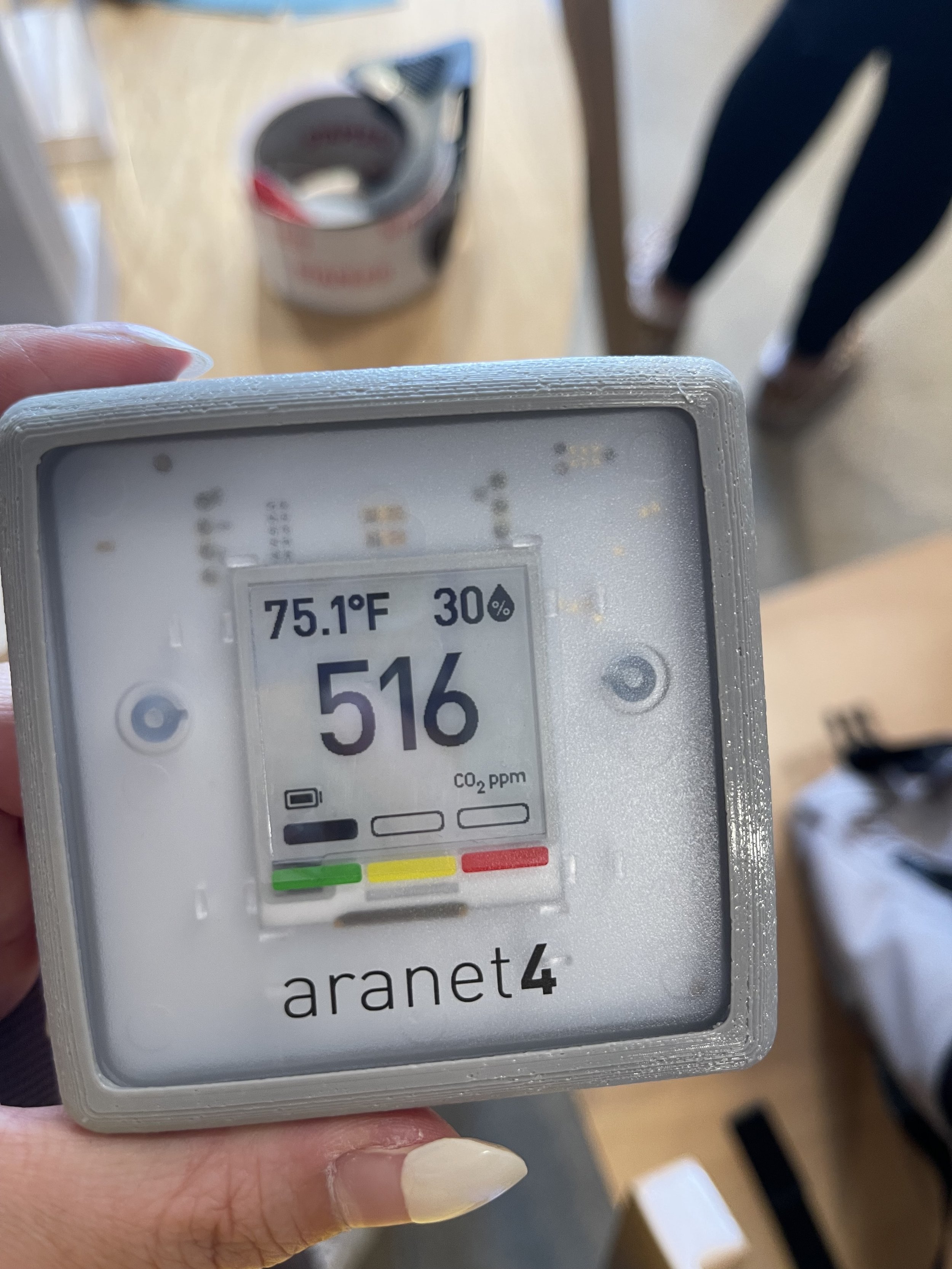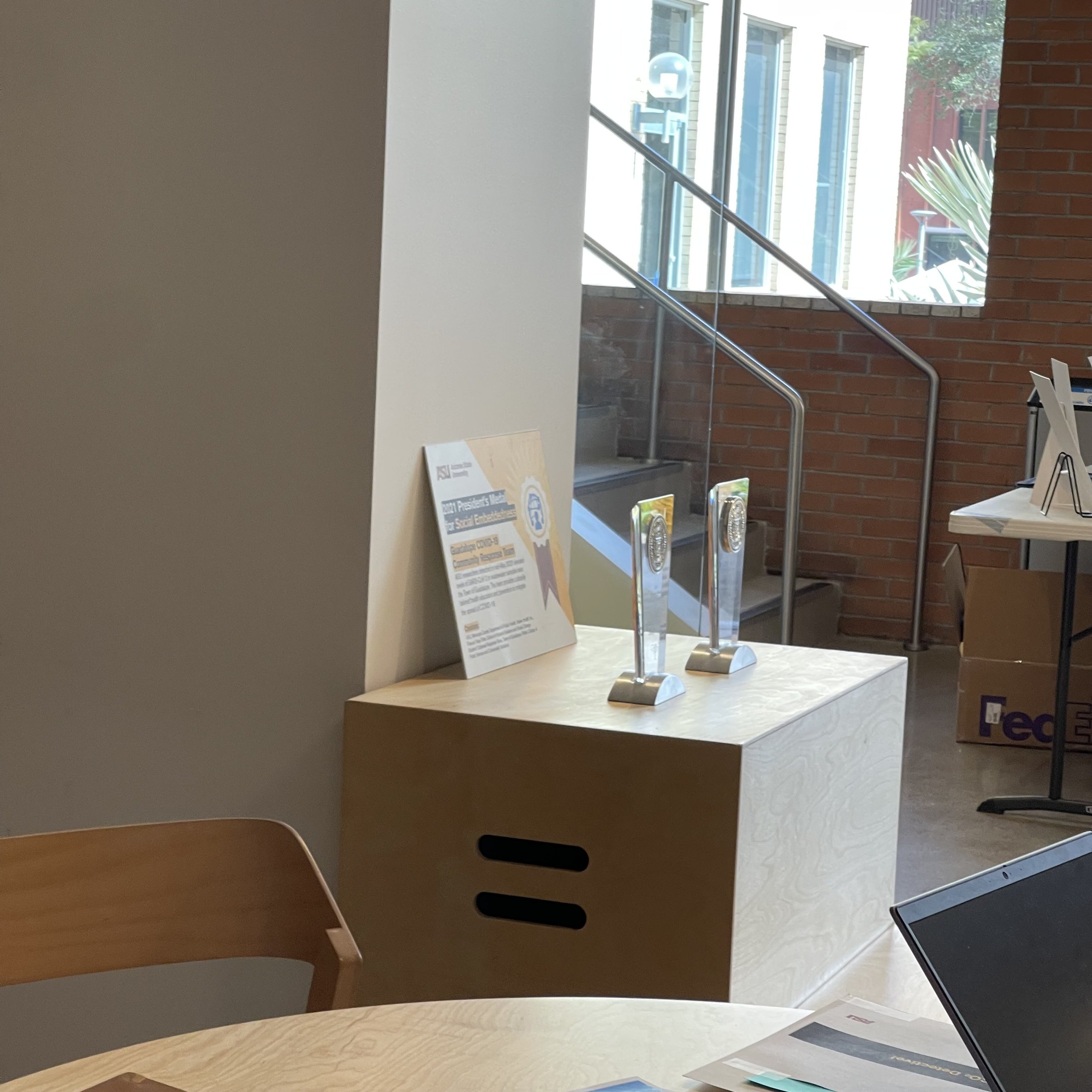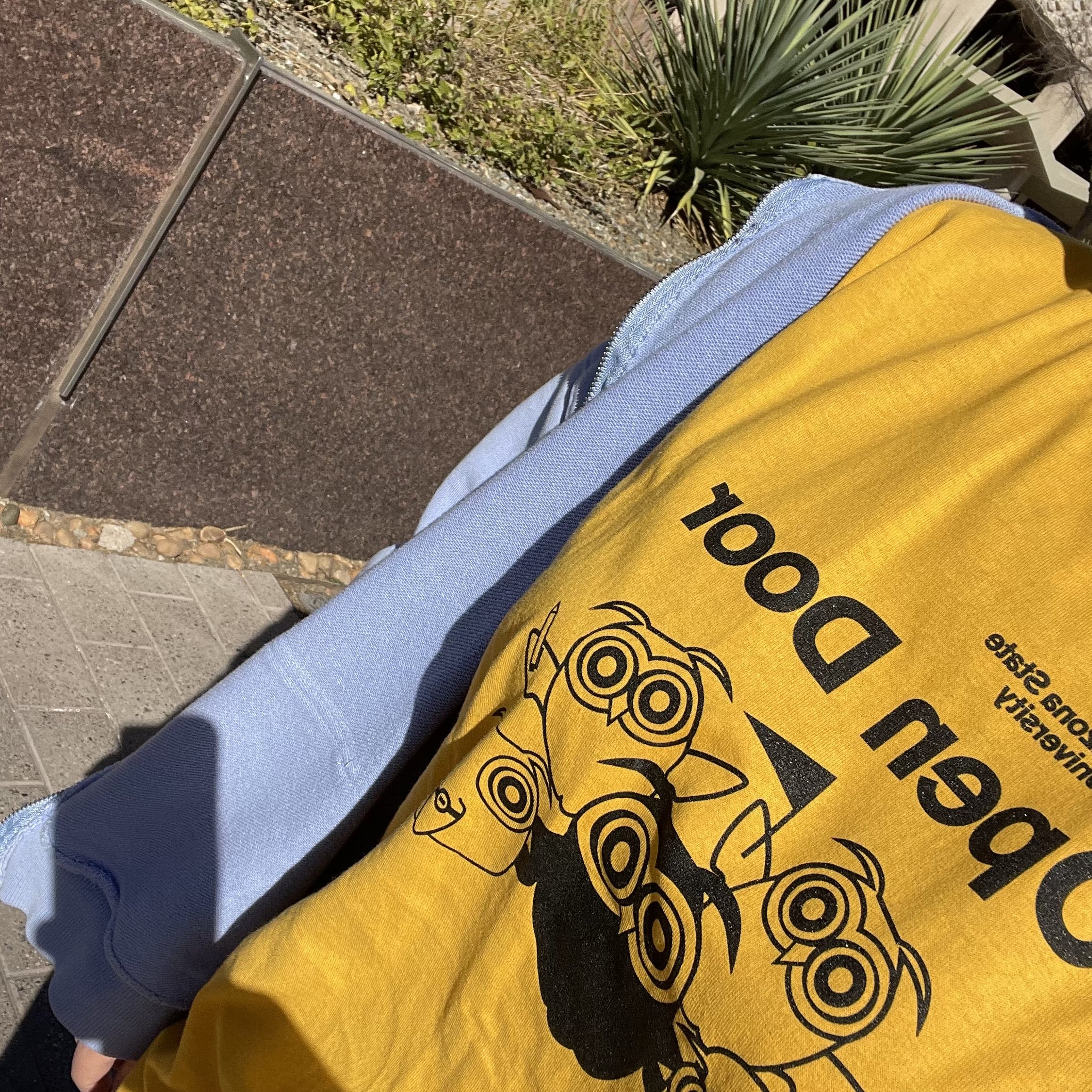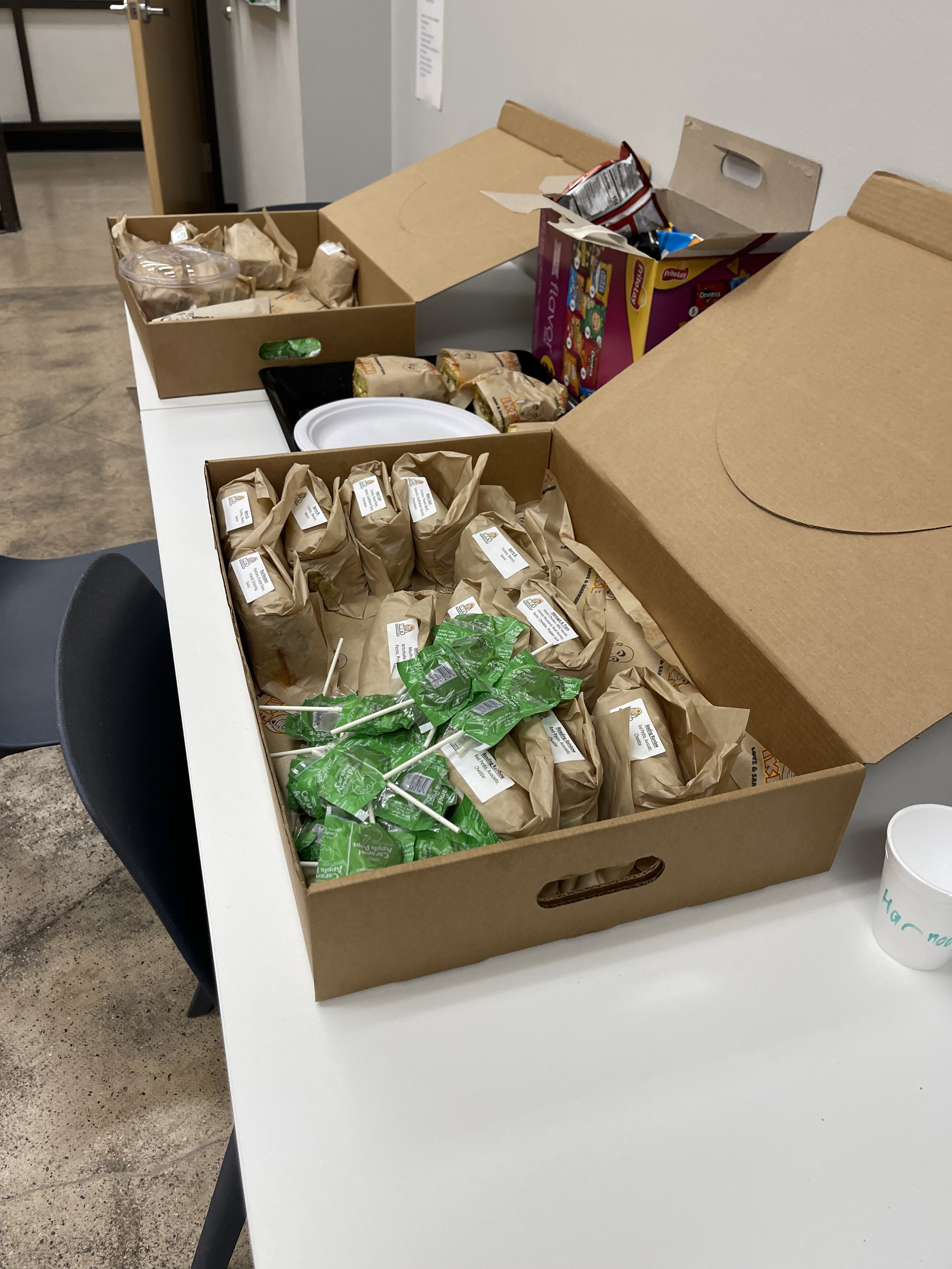Culture Health and Environment Laboratory (CHELab)
General Project Information
Lab Name: Culture, Health, and Environment Laboratory (CHELab)
Institution: Arizona State University
Project Time Length: January 2023 – May 2023
Research Focus: Cultural perceptions of health and environmental sustainability, with an emphasis on cross-cultural views of water issues, health behaviors in response to environmental change, and the socio-cultural impacts of globalization and climate change.
Project Description
The Culture, Health, and Environment Laboratory (CHELab) at Arizona State University is a research lab that integrates anthropology, public/global health, and sustainability to address pressing global issues. A primary focus of the lab is the Global Ethnohydrology Study (GES), a multi-year, multi-site research project exploring cross-cultural perceptions of water in the context of globalization, urbanization, and climate change. This transdisciplinary project seeks to understand how communities around the world perceive and manage water-related issues, with the aim of informing sustainable water policies and practices.
In addition to GES, CHELab undertakes various research projects each semester that allow students to apply diverse methodologies and theoretical frameworks. Undergraduate interns and graduate students collaborate closely on data management, analysis, and research tool design. The lab's Social Research Training (SoRT) program provides hands-on training in qualitative and cross-cultural data collection and analysis, preparing students to engage in advanced research projects.
My Role and Contributions
As a Research Assistant in CHELab, I contributed to the lab's projects by supporting data collection, qualitative analysis, and team coordination. My key responsibilities included:
Collecting and Analyzing Qualitative Data: Conducted in-depth qualitative research by interviewing participants and gathering data on health perceptions, cultural beliefs, and environmental behaviors. Analyzed transcripts and developed a codebook to identify patterns and categorize emerging themes, contributing to a structured understanding of complex cultural data.
Managing Meeting Documentation: Recorded and organized detailed meeting notes to document research progress and decisions, providing clarity for collaborative analysis. These notes served as a reliable resource for the team, ensuring alignment in data interpretation and adherence to CHELab’s data use and manuscript guidelines.
Supporting Transdisciplinary Research: Worked alongside undergraduate and graduate interns to manage data and develop research tools for projects like the Global Ethnohydrology Study. My role allowed me to collaborate with diverse team members, enriching my understanding of cross-cultural perspectives in health and sustainability research.
Engaging in Open Door Events: Actively participated in open door events hosted by the School of Human Evolution and Social Change, designed to promote CHELab’s research initiatives. These events allowed me to communicate the lab’s goals and projects to a wider audience, fostering community interest and engagement with our work in health, culture, and sustainability.
Significance
My work at CHELab contributed to research aimed at addressing global challenges through a cultural and environmental lens. By examining how people from different communities perceive and respond to water issues, CHELab’s projects offer valuable insights for developing sustainable health and environmental policies. My contributions supported the lab’s mission to bridge academic research with real-world applications, advancing cross-cultural understanding in health and sustainability.
Impact and Personal Growth
Working in CHELab provided me with a solid foundation in qualitative research methods, including interview techniques, data coding, and thematic analysis. Through my involvement, I gained hands-on experience in cross-cultural research and refined my skills in managing, interpreting, and presenting qualitative data. This experience solidified my interest in exploring the intersections of culture, health, and environmental issues, motivating me to pursue further research in these areas.
